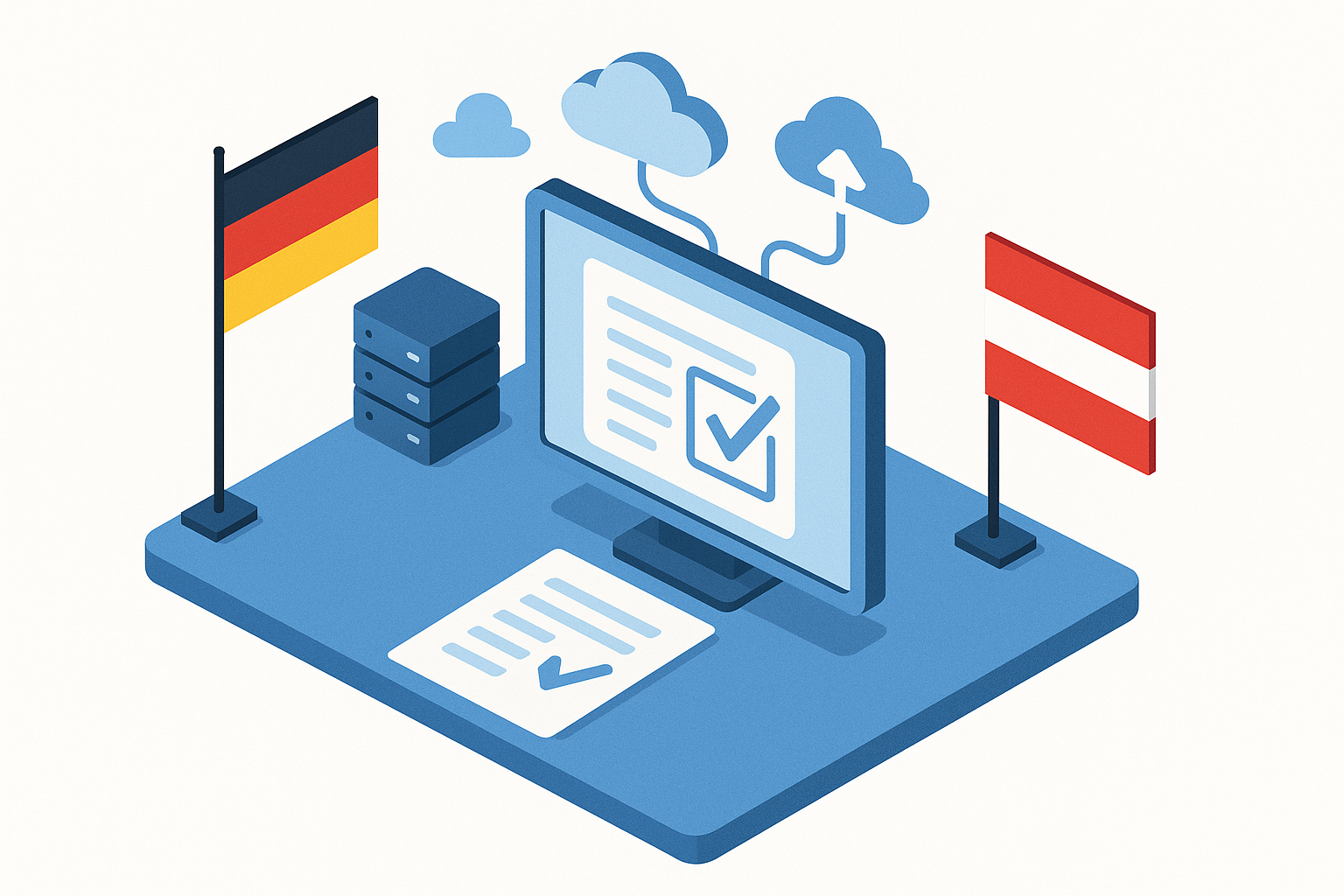Image generated with GPT-Image-1
In the evolving landscape of education and training, the integration of digital assessment tools is becoming normal in our postdigital world. During recent discussions with representatives from the Deutsche Industrie- und Handelskammer (DIHK), particularly those working in the area of vocational education and digital examination, we discussed the organizational and technical aspects of implementing digital exams using platforms like Gradescope.
Organizational and Technical Foundations
Gradescope provides a flexible, scalable solution for managing written exams, utilizing scanned paper-based assessments. This is a counterpart to Bring Your Own Device (BYOD) environments that can be used to conduct digital exams. While BYOD increases accessibility and reduces logistical barriers, it also introduces challenges regarding integrity, technical complexities, particularly around network stability, compatibility, and standardization of devices.
Ensuring Exam Integrity and Security
A core aspect of our discussion with DIHK’s Digitales Prüfen project leads centered around exam security. To mitigate risks in BYOD setups, solutions like the Safe Exam Browser (SEB) and Optical Mark Recognition (OMR) systems were considered. SEB allows exams to be locked down, preventing access to unauthorized resources, while OMR remains valuable for hybrid scenarios involving printed exam sheets.
The Role of AI and Moodle Integration
With the rise of AI in education, new tools that undermine integrity exist. My recent screencast explores AI integration into browsers that interact with Moodle assessments.
